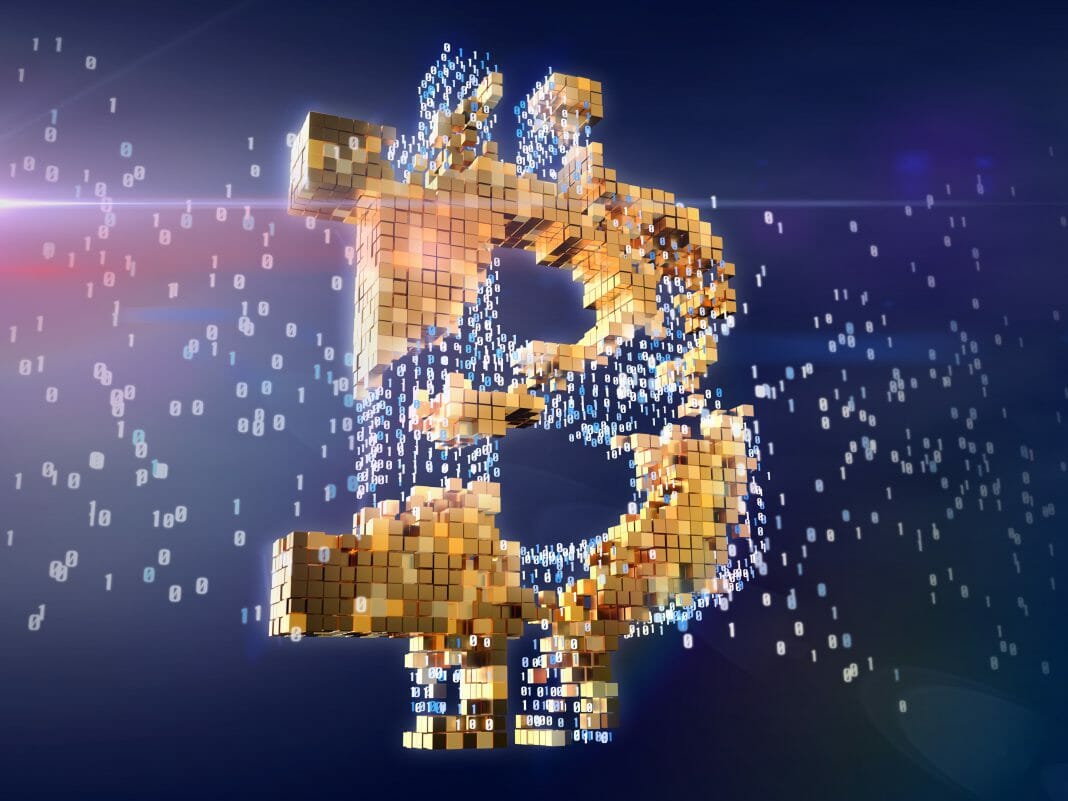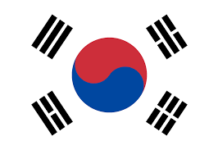It is estimated that the tin extracted from the main mine in Peru represents 6% of the world’s supply. Google aims to develop a system that can be adopted by large industries worldwide.
A development department of Google aims to improve how data from a supply chain are registered with a blockchain. The first step to achieve this objective has been to create a program for the traceability of minerals such as tin in the main mine of this valuable metal, located in Peru. This was announced by the American multi-national company through a publication of the program “Responsible Supply Chain Projects.”
This initiative will include the participation of Minsur, the company that manages the San Rafael tin mine, located in the Antauta district, Melgar Province, in the Puno region. It is worth noting that the mine is more than 4,500 meters above sea level and is the third most important tin mine all over the world since it produces between 6% and 12% of this metal. Tin is known to be used in electronic equipment such as cell phones, laptop computers, and electric cars.
However, due to the importance of this resource, numerous mines that have not been supervised and activities related to the tin market have emerged in recent years, such as the practice of diving into deep waters in the Indian Sea, in Indonesia, to extract the metal from the cell phones deposited in underwater waste landfills.
Analia Calmell del Solar, corporate affairs manager at Minsur, originally met with Google to discuss the certification of materials. However, given the volume of requests for that information, the idea of registering data from the supply chain on a blockchain emerged. Calmell said that Google’s proposal aims to help reduce the number of requests and responses.
According to Google, trademarks and companies consider it urgent to improve processes, since audits to meet the demands of consumers and regulators are increasing as more responsible sourcing policies are being projected. Among these are those promoted by the Dodd-Frank Law in the United States and the European Union Conflict Minerals Regulations.
Responsibility in Supply of Materials
Since 2018 Google has been working jointly with Volkswagen, Cisco, SGS, and Minsur to strengthen resources dedicated to responsible mineral supply.
The project includes the participation of Minespider, a Berlin-based startup, which is partly responsible for the development of the protocol, focused on tracking minerals at each point of contact in a supply chain while protecting the privacy of participants.
It is relevant to know that Minespider offers open source solutions to prevent a single actor with a private blockchain from creating a monopoly of the entire registry of the mineral supply chain industry.
Information about the modernization of processes in the supply chain of Ecopetrol, the state-owned oil company of Colombia, was recently disseminated. It is said that the project requires an investment of USD 120 million to implement Big Data and IoT (Internet of Things) solutions, and records on a blockchain.
By Willmen Blanco











